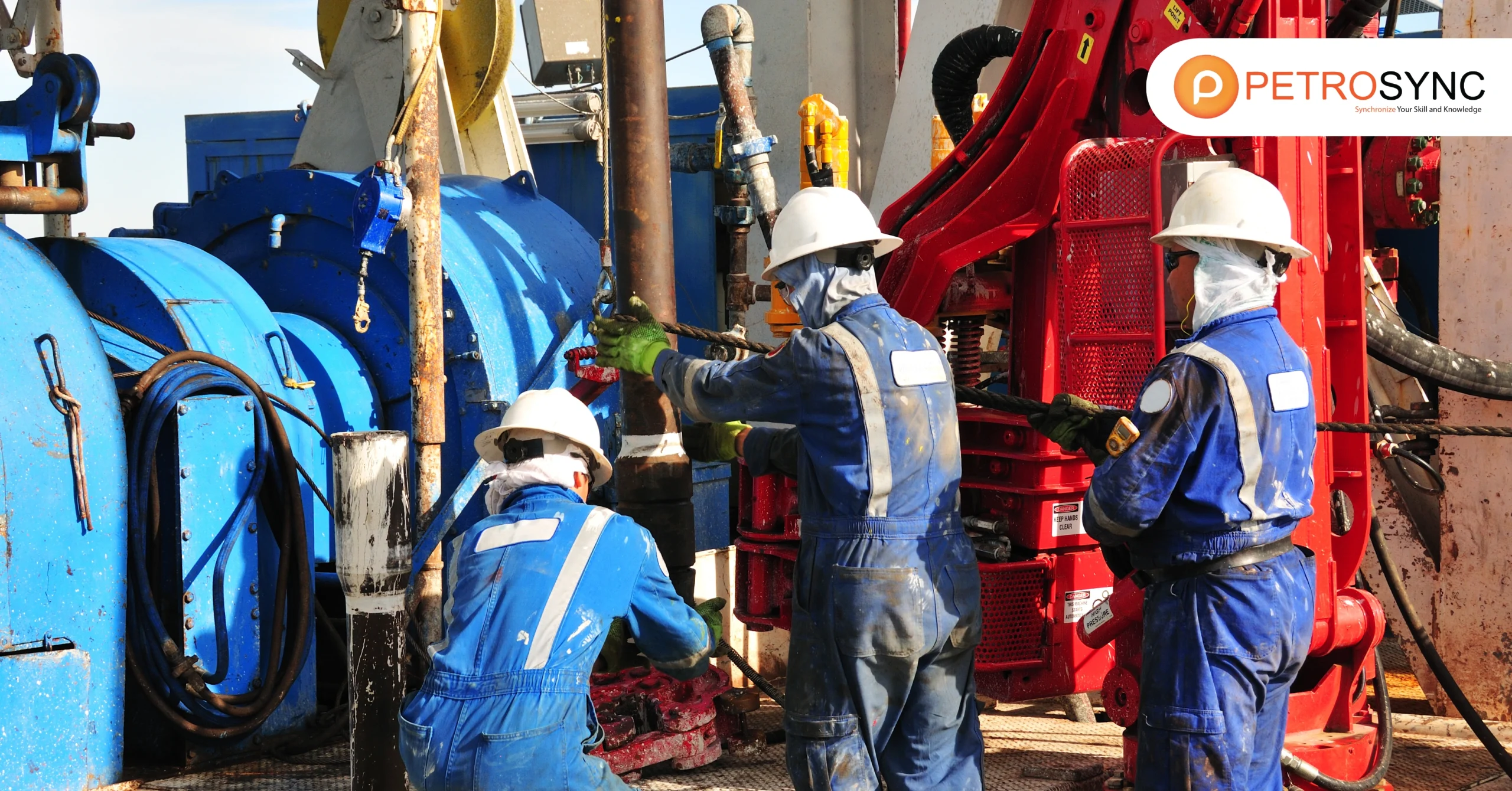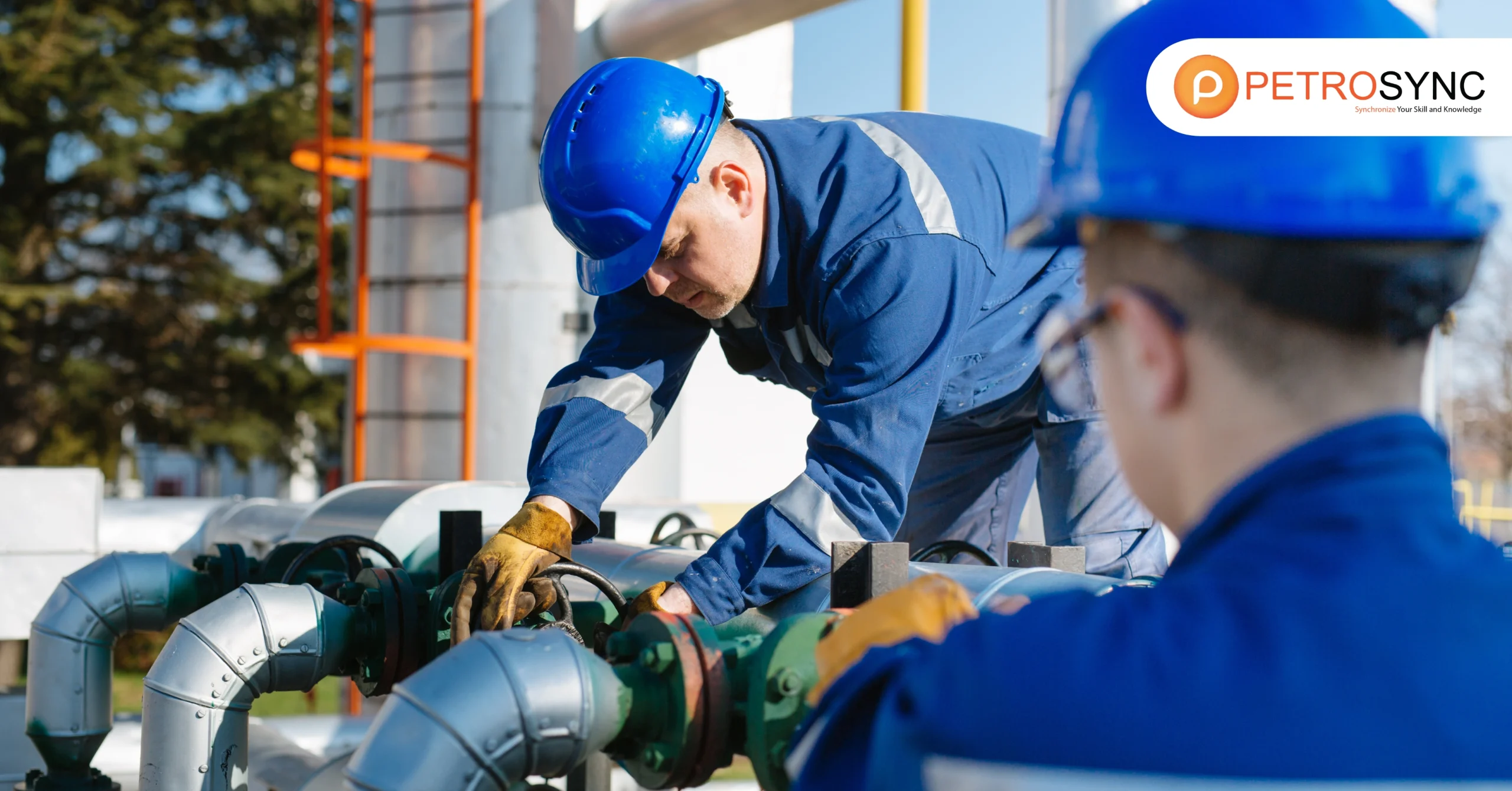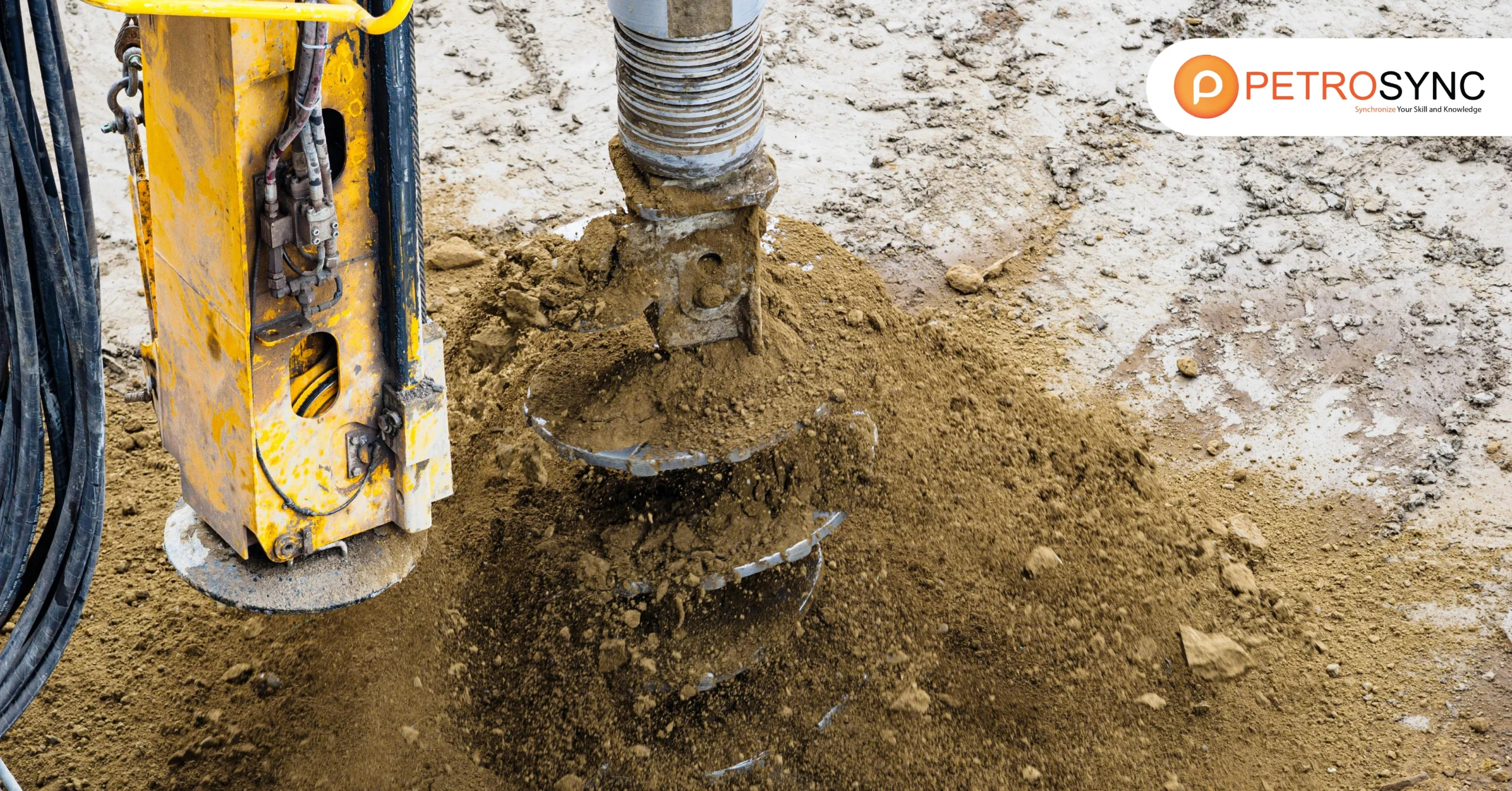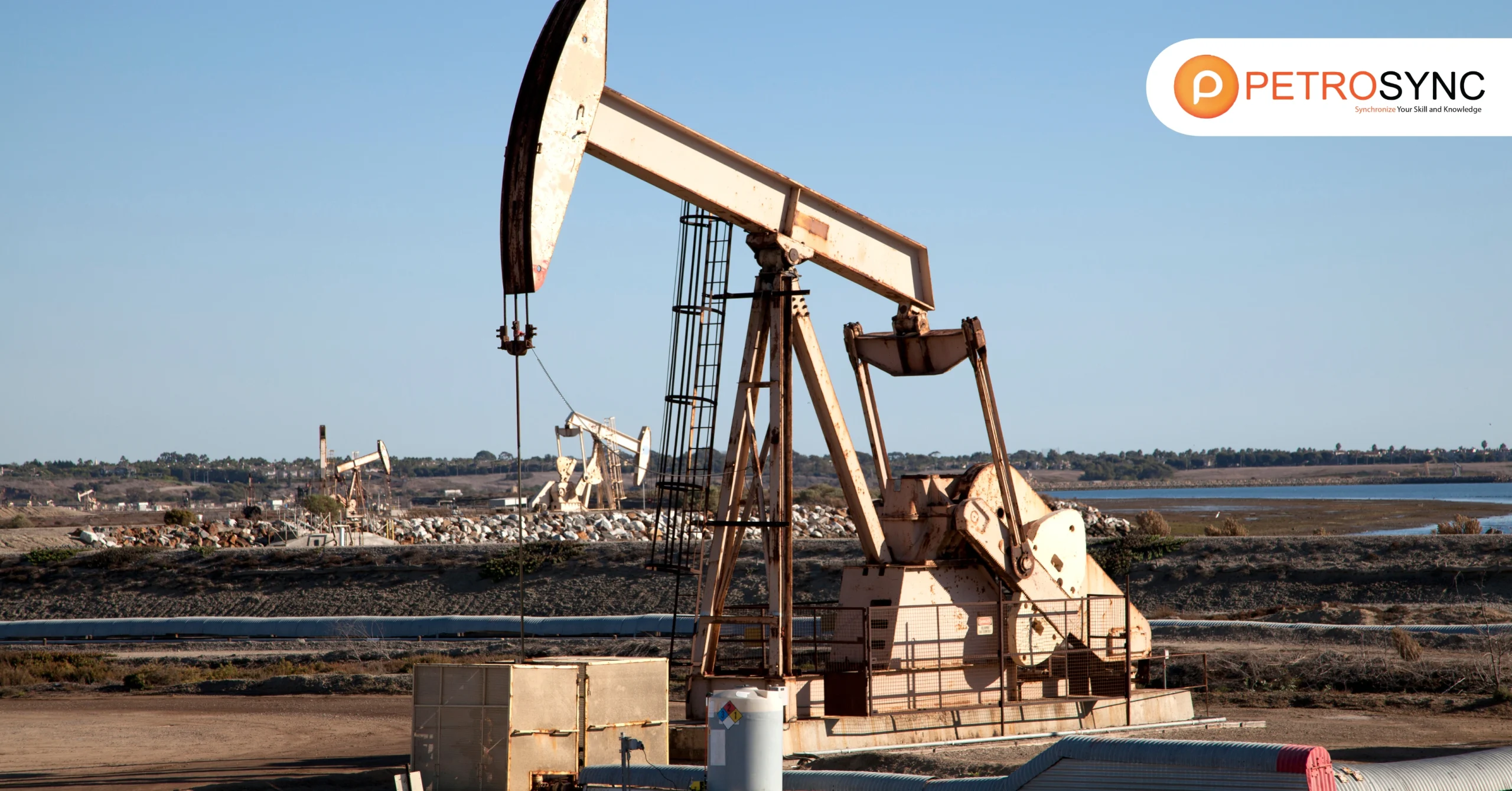Completion engineers play a crucial role in the oil and gas industry, contributing to the successful extraction of hydrocarbon resources. They are responsible for designing and overseeing the final stages of well construction for optimal performance and safety. The article delves into the various aspects of completion engineering, exploring their responsibilities, required skills, career prospects, and the evolving trends shaping this essential field. Read on for a comprehensive guide for an aspiring completion engineer.
What Does a Completion Engineer Do?
The completion engineer is responsible for designing and constructing wells that enhance the production process in the oil and gas industries. Their team extracts gas or oil, which flows through these wells, allowing them to extract it from underground.
Another task of the completion engineer is supervising the finalization of oil and gas wells after drilling. Their main task is to ensure that the wells are prepared for production by utilizing appropriate techniques and equipment.
Some key duties of a completion engineer include wellbore design, equipment selection, production optimization, and well-stimulation. By performing these necessary tasks, completion engineers bear a crucial role in optimizing the productivity of oil and gas wells by designing and implementing effective completion strategies while following industry standards and regulations.
How Is The Work Environment of Completion Engineers?
Completion engineers collaborate with other team members, including geologists, reservoir engineers, drilling engineers, and production engineers, for their day-to-day office-based job. They spend significant time utilizing specialized software and tools to analyze data and design well completions.
Completion engineers must also review and interpret reservoir data, develop completion plans, conduct simulations, and prepare reports. In times of well-design issues, completion engineers conduct thorough examinations and provide recommendations to address them effectively since their primary objective is to optimize daily production while ensuring safety protocols are followed rigorously.
In addition to office work, completion engineers also have field assignments. These assignments involve visiting drilling sites to oversee and supervise the implementation of completion operations. During field assignments, completion engineers ensure that the planned completion designs and procedures are executed correctly.
They work closely with field personnel, contractors, and other stakeholders to monitor the progress of the completion activities, troubleshoot any issues that arise, and ensure compliance with safety and regulatory standards.
The field assignments provide completion engineers with an opportunity to apply their technical expertise in a practical setting. They observe and assess the actual conditions on the ground, make real-time adjustments to the completion plans if needed, and ensure that the operations align with the project objectives.
Are Completion Engineers in Demand?
Completion engineers have traditionally been in high demand due to the crucial role they play in the well-completion process. Given its criticality, engineers who carry out this role have consistently been in high demand, particularly those with a strong track record.
The field of petroleum engineering, including completion engineering as one of the specialties, is expected to experience an 8 percent growth in employment from 2021 to 2031, according to the Bureau of Labor Statistics.
How Much Completion Engineer Can Earn?
As mentioned by Zappia, the energy industry is rapidly growing, and the demand for completion engineers is rising. Successful completion engineers are well-compensated, with an average annual salary of $147,803.
Meanwhile, from Glassdoor, the estimated annual pay for a completion engineer in the United States is $93,158, with an average salary of $72,821. It is worth noting that these numbers can differ significantly and may be influenced by engineers’ circumstances, including factors like education, certifications, additional skills, and the region they work at.
How to Become Completion Engineers?
Most completion engineers pursued a college education and earned a chemical, mechanical, or petroleum engineering degree. Graduating with this educational background can lead directly to a career in completion engineering.
1. Gain Work Experience
Seek entry-level positions in the oil and gas industry, such as field engineer or drilling engineer, to gain practical experience. Relevant work experience is important for a completion engineer, with job requirements usually ranging from 2 to 4 years in related fields.
2. Acquire Technical Skills and Enhance Soft Skills
Develop a strong understanding of well-completion processes, including hydraulic fracturing, wellbore design, and production optimization. Familiarize yourself with industry software and tools for designing and overseeing well completions.
You can acquire all the necessary skills by enrolling in our Wellbore Treatment training course, which is tailored to meet the industry’s demands.
You must develop strong communication, interpersonal, creativity, and analytical skills alongside technical expertise. These soft skills are crucial for collaborating with team members and effectively managing projects.
3. Professional Certification
Consider obtaining professional certifications, such as the Engineer In Training (EIT) or other relevant certifications offered by professional organizations. Prepare for these certifications by joining petroleum engineering training courses by PetroSync.
By earning certification and preparing through the relevant oil and gas training course, like advanced well log analysis training course, you can gain the official certification while enhancing your theoretical and practical knowledge from the preparation training to showcase your solid understanding of oil and gas and your willingness for continuous learning.
4. Networking
Last, you can nurture your professional network by actively participating in industry events, joining industry associations, and attending training and workshops to connect with professionals in the field. Networking can provide valuable opportunities for career growth and job prospects.
What Are The Professional Associations of Completion Engineers?
Professional associations often provide platforms like job boards and online resources that connect completion engineers with global career opportunities. Joining these organizations allows engineers to access these platforms, which can lead to the opportunity to work on prestigious projects worldwide. Some of the notable completion engineer associations are:
1. Society of Petroleum Engineers (SPE)
SPE provides valuable support to completion engineers through knowledge sharing, networking opportunities, and professional development resources. SPE offers access to industry experts, technical publications, conferences, and training programs, enabling completion engineers to stay connected with peers worldwide.
2. International Association of Drilling Contractors (IADC)
IADC supports completion engineers by offering a platform for industry collaboration, information exchange, and professional development. Through IADC, completion engineers can access valuable resources, training programs, conferences, and networking opportunities.
3. American Association of Drilling Engineers (AADE)
AADE assists completion engineers by providing a platform for knowledge sharing, professional development, and networking. AADE offers technical presentations, industry events, and training programs, enabling completion engineers to enhance their skills, stay updated with industry trends, and connect with industry professionals.
4. Society of Petroleum Engineers Asia Pacific (SPE Asia Pacific)
Like its worldwide organization, SPE Asia Pacific is a regional chapter of the Society of Petroleum Engineers (SPE), dedicated to serving professionals in the oil and gas industry in the Asia Pacific region.
5. Asian Oil, Gas & Petrochemical Engineering Contractors Association (ASOGPCA)
ASOGPCA is an association that supports the interests of engineering contractors engaged in the oil, gas, and petrochemical industries in the Asia Pacific region. Although it serves a wider range of engineering fields, it provides completion engineers with beneficial resources and networking prospects.
Establishing connections with experienced professionals in the field provides opportunities for mentorship and guidance. The experts can offer valuable advice, share their experiences, and provide career guidance to help you navigate your journey to be a proven completion engineer.
If joining the international community and associations is costly and time-consuming, you can opt for a better option: joining oil and gas training courses. PetroSync provides an excellent platform for networking and establishing connections within the industry. We create our training course as another way to interact with industry experts. Building a strong professional network through petroleum engineering training can open doors to new and exciting opportunities for completion engineers.
Credit header image: Freepik

SEO specialist by day, fact-checker by night. An avid reader and content writer dedicated to delivering accurate and engaging articles through research and credible sources.







